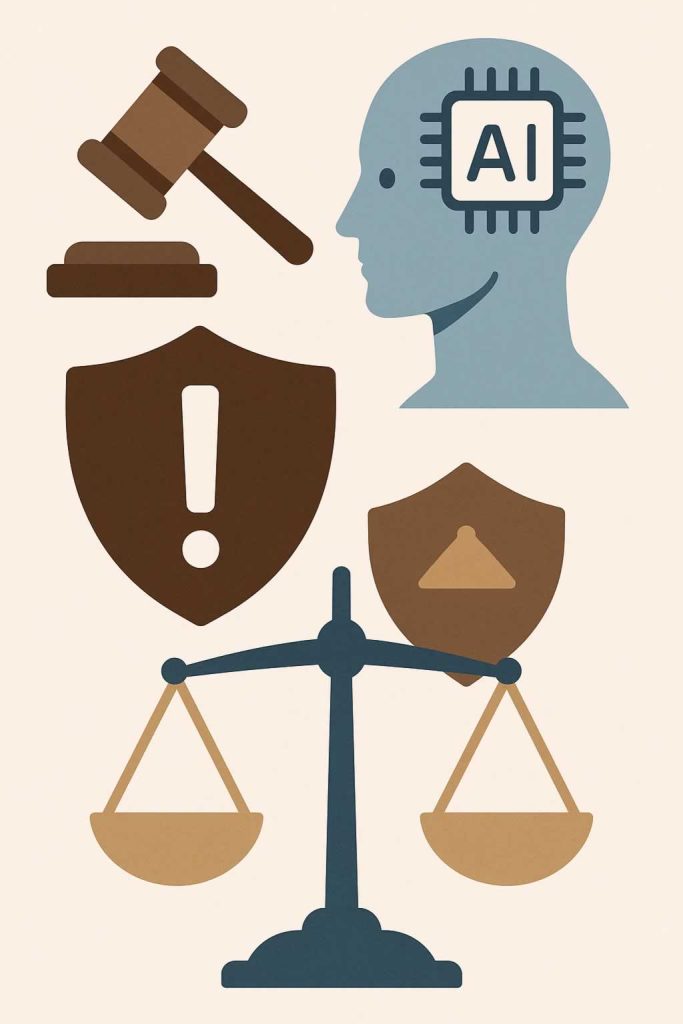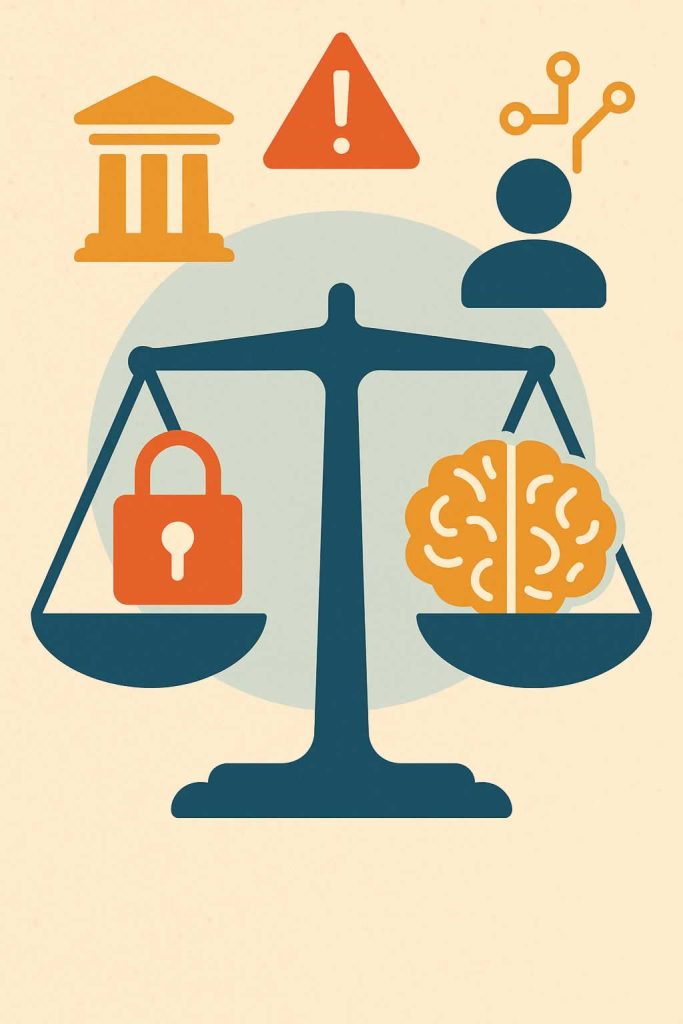

The ethical concerns surrounding AI are as important as the technology itself. At AEHEA, we view ethics not as a secondary issue but as a foundation for any responsible AI deployment. These concerns touch on fairness, transparency, accountability, and long-term societal impact. As AI becomes more integrated into decision-making systems across industries, the consequences of getting ethics wrong grow more serious.
One major concern is bias in AI models. Because models learn from historical data, they can unintentionally reproduce or even amplify existing inequalities. Whether in hiring, lending, or law enforcement, biased data can lead to outcomes that are unfair to certain individuals or groups. We address this by auditing training data, testing model outputs, and designing systems that allow for human oversight. The goal is to ensure that the model’s behavior reflects equity, not just efficiency.
Another key issue is transparency. Many AI systems, especially large neural networks, function like black boxes. They make decisions, but it is often unclear how or why those decisions were made. This can create challenges in environments where explanations are required by law or ethics, such as healthcare or finance. At AEHEA, we work toward explainable AI whenever possible, helping our clients and their users understand what the system is doing and why.
There is also the broader concern of responsibility. Who is accountable when an AI system fails or causes harm? The designer, the developer, the user? This is a complex legal and moral question. We believe that developers and businesses have a shared responsibility to monitor AI systems continuously, not just at launch. AI should be a tool that supports human values, not one that overrides them. Our approach puts clarity, safety, and fairness at the heart of every AI solution we build.
